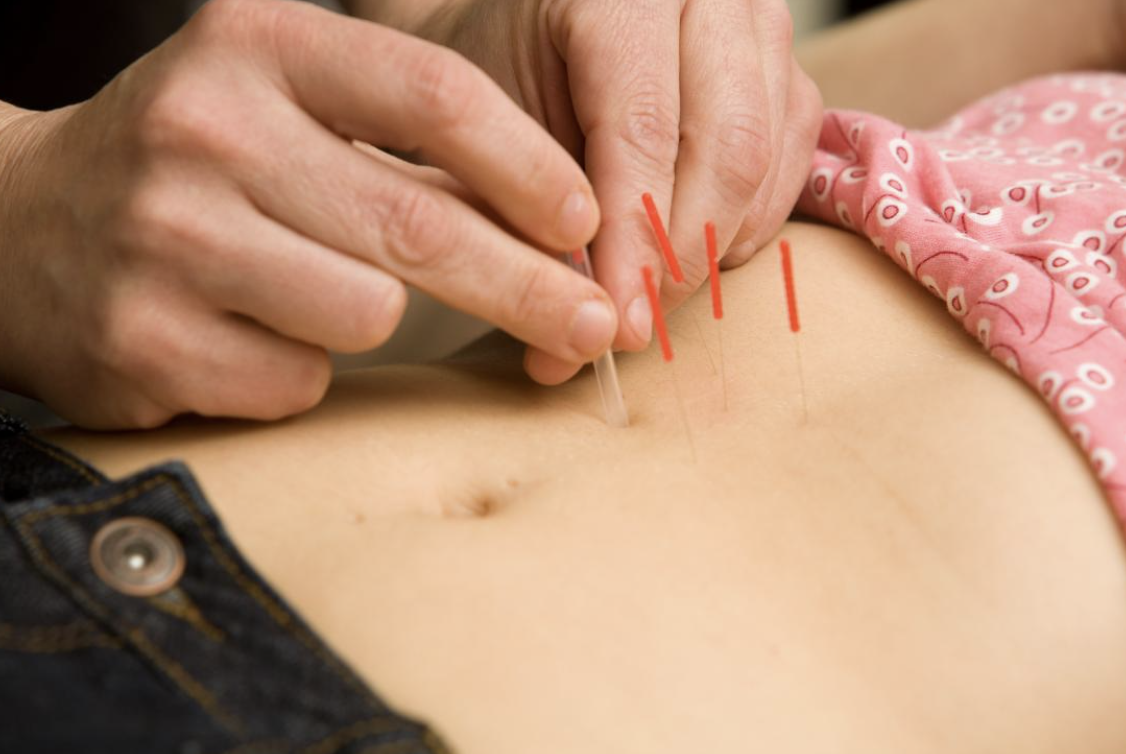Acupuncture for Fertility – Everything You Need to Know

Introduction
Fertility acupuncture is an ancient practice that has again gained popularity because of its ability to naturally increase reproductive health. By stimulating certain points in the body, acupuncture has been found to increase fertility by balancing hormones, improving circulation, and reducing stress. In this comprehensive guide, we will talk about how acupuncture improves fertility, what happens during treatments, and how exactly it has been found to work.
How acupuncture improves fertility
Its roots are in traditional Chinese medicine, which perceives health as a balanced state of energy, or Qi. In fertility, acupuncture targets specific points with the aim of assisting reproductive health and providing ideal conditions for conception. It assists in the following way:
Regulation of hormones: The use of acupuncture can modulate hormone production, induce ovulation, and overall harmony of reproduction. It is useful for those suffering from hormonal imbalances, which present an impasse for getting pregnant.
Stress is an established hormone-disruptor in humans. For centuries, acupuncture has been renowned for its relaxing aspect, lowering cortisol and enhancing reproductive health.
Increasing Perfusion to Reproductive Organs: Increasing blood supply to ovaries and uterus can create an environment supporting implantation of an embryo, and thus may increase the odds of getting pregnant.
Scientific Evidence for Acupuncture for Fertility
Current evidence favors acupuncture for fertility, particularly when complemented with in vitro fertilisation (IVF). A study in Fertility and Sterility revealed that individuals who received acupuncture plus IVF were 50% more likely to get pregnant. This is because acupuncture stimulates ovarian functioning, increases receptivity in the endometrium, and lowers stress levels.
What Happens During an Acupuncture Treatment?
A normal acupuncture treatment for fertility involves an introductory consultation for an assessment of personal health needs, then insertion of slender needles into certain points along the body. Typical points accessed are along the abdomen, lower back, and legs, which are connected to channels influencing fertility. Sessions are 30-60 minutes long and are given either weekly or every other week, depending upon cycle timing and personal needs.
Is acupuncture right for you?
Acupuncture is an important component in an integrated approach to fertility treatment even for those who have unexplained infertility, PCOS, or an irregular cycle. While some people use acupuncture in combination with conventional treatments like IVF, acupuncture is an effective treatment in itself for promoting fertility health.
Conclusion
Fertility acupuncture offers a natural means for maintaining reproductive health. Naturally conceiving or enhancing IVF’s success, acupuncture can be a gentle but significant assistance for your endeavours. Visit a licensed acupuncturist who specialises in treating fertility in order to establish an integrated approach tailored along your journey to parenthood. If you would like to search for local actupuncture specialists for fertility, start here!
FAQ Section
Acupuncture increases fertility in several ways. Acupuncture improves fertility through regulating hormones, improving circulation to the reproductive organs, and reducing stress, all which have positive impacts on reproductive health.
Is acupuncture an effective IVF aid?
There is evidence that acupuncture can increase IVF success, enhance receptivity of the endometrium, and reduce stress, and should be regarded as an adjuvant therapy.
How many acupuncture sessions are needed for fertility?
The sessions are often variable in frequency, but ideally, sessions are done weekly for a duration of 2-3 months for overall fertility well-being or in relation to IVF cycles.


 Previous
Previous

